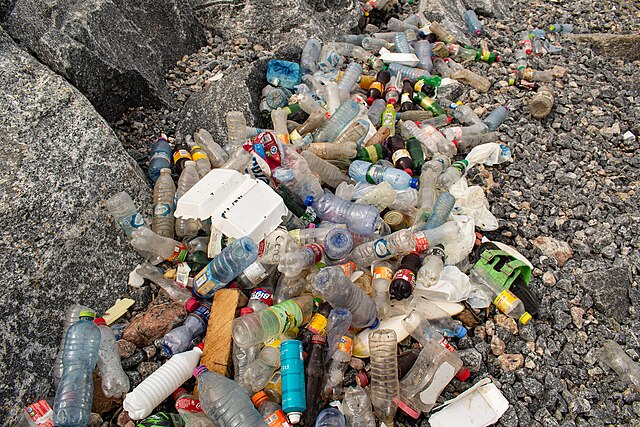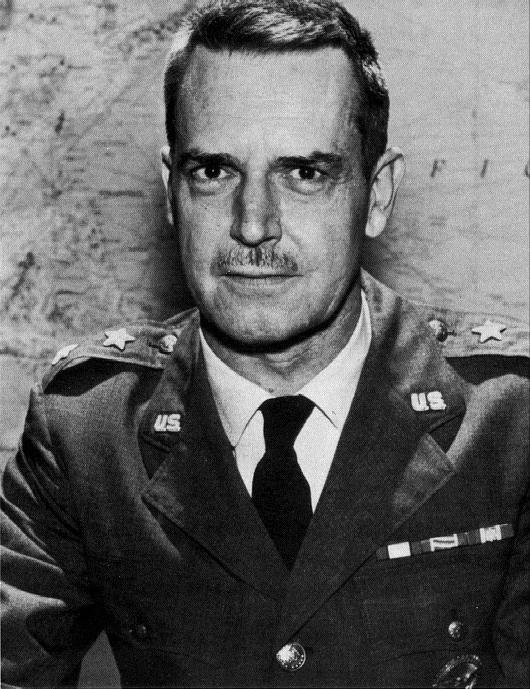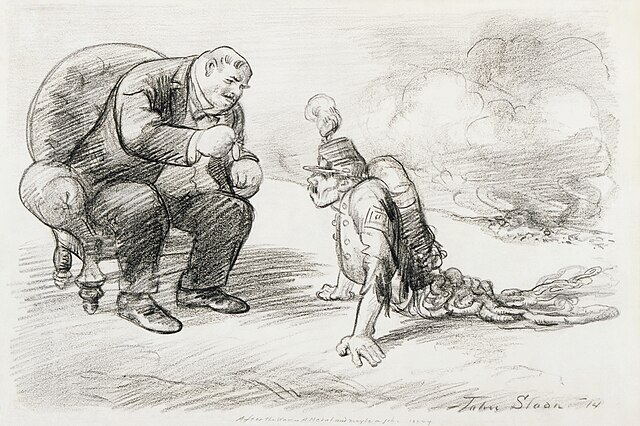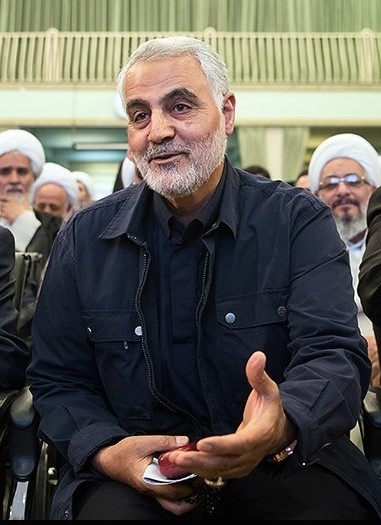
Judith Enck joins This Is Hell! to talk about the book that she recently co-authored of, "The Problem with Plastic: How We Can Save Ourselves and Our Planet Before It’s Too Late”, published by The New Press.
Judith is the founder and president of Beyond Plastics, whose goal is eliminating plastic pollution everywhere. In 2009, she was appointed by President Obama to serve as regional administrator at the U.S. Environmental Protection Agency and served as deputy secretary for the environment in the New York Governor’s Office. She is currently a professor at Bennington College, where she teaches classes on... read more
The Assassination That Paved the Way for Trump’s Venezuela Attack / Séamus Malekafzali
Welcome to the Moment of Truth: the curse that is the drink.
I’ve been feeling pressure to be optimistic lately. My friends encourage. A listener, a communist mailman in New Jersey, insists. Henry Giroux opines. My mother sent me a book by Jane Goodall called, “Hope.” It’s a lot of heat.
I have no choice but to go to my happy places to seek out this elusive optimism. The happy places in my mind, of course. I can’t bring you to my happy places in the material world. I could so endeavor with words, but those words would be the product of the experiences of my happy places cycling through my mind as I compose them. So, one way or the other, you’re stuck with the happy places in my mind.
Here’s an amusement: a friend told me, “People can now eat pig hearts or get them as transplants, but they must choose only one of the above.”
I replied, “What if you get the transplant, dine for a couple years on aromatic herbs, truffles, and oils, and then have it removed, prepared, and served to you?”
He suggested that some scientists, more hungry than ethical, have been urging pig-hearted transplantees to eat a lot of basil and to be sure to leave their organs to science. He also said that the restaurant he’s creating the new menu for wanted to do a pig heart dish, but due to the new demand for pig hearts the price has skyrocketed.
Hearts are notoriously rubbery and full of cartilage. He and I once made calf’s heart soup in a medieval convent converted to a residence for social workers in Kilkenny, Ireland, and that sucker took hours and barely became remotely chewable. As for his restaurant menu, I told him he’d be better off with a softer organ. “Although that’s not what she said,” I quipped at the end.
Speaking of tender organs, recently a friend of ours, an old writer almost exactly twenty years my senior, by the name of Jay Wolpert, passed away. He wrote the 2002 version of “The Count of Monte Cristo,” and “Pirates of the Caribbean, the Curse of the Black Pearl.” He loved cinematic sword fights in a swashbuckling vein. He was a big fan of Stewart Granger in 1952’s “Scaramouche,” which he screened for us back when he still could remember who I was. I don’t know what a swashbuckle is, and I don’t think he ever told me.
I met him in the last few years of his life. We... read more



